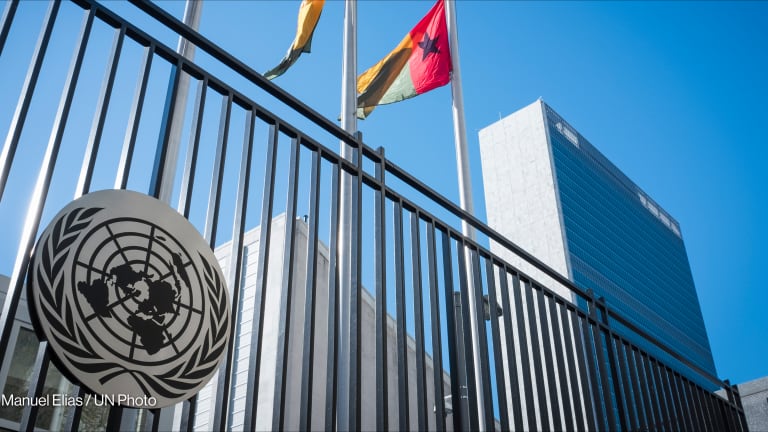The annual election of the president of the United Nations General Assembly is a fitting occasion to check in on the U.N.’s progress toward achieving its gender equality goals.
Last week, the U.N. elected Dennis Francis from Trinidad and Tobago to preside over the 78th General Assembly. He is an experienced diplomat and there should be no doubt that he will perform his duties well. But in choosing another man for this post, the assembly has once again perpetuated an inexcusable tradition.
Since 1946, out of the 78 presidents elected, a mere four have been women, all from the global south. In the early years, the assembly might have justified this gender imbalance due to prevalent structural sexism worldwide.
Printing articles to share with others is a breach of our terms and conditions and copyright policy. Please use the sharing options on the left side of the article. Devex Pro members may share up to 10 articles per month using the Pro share tool ( ).








